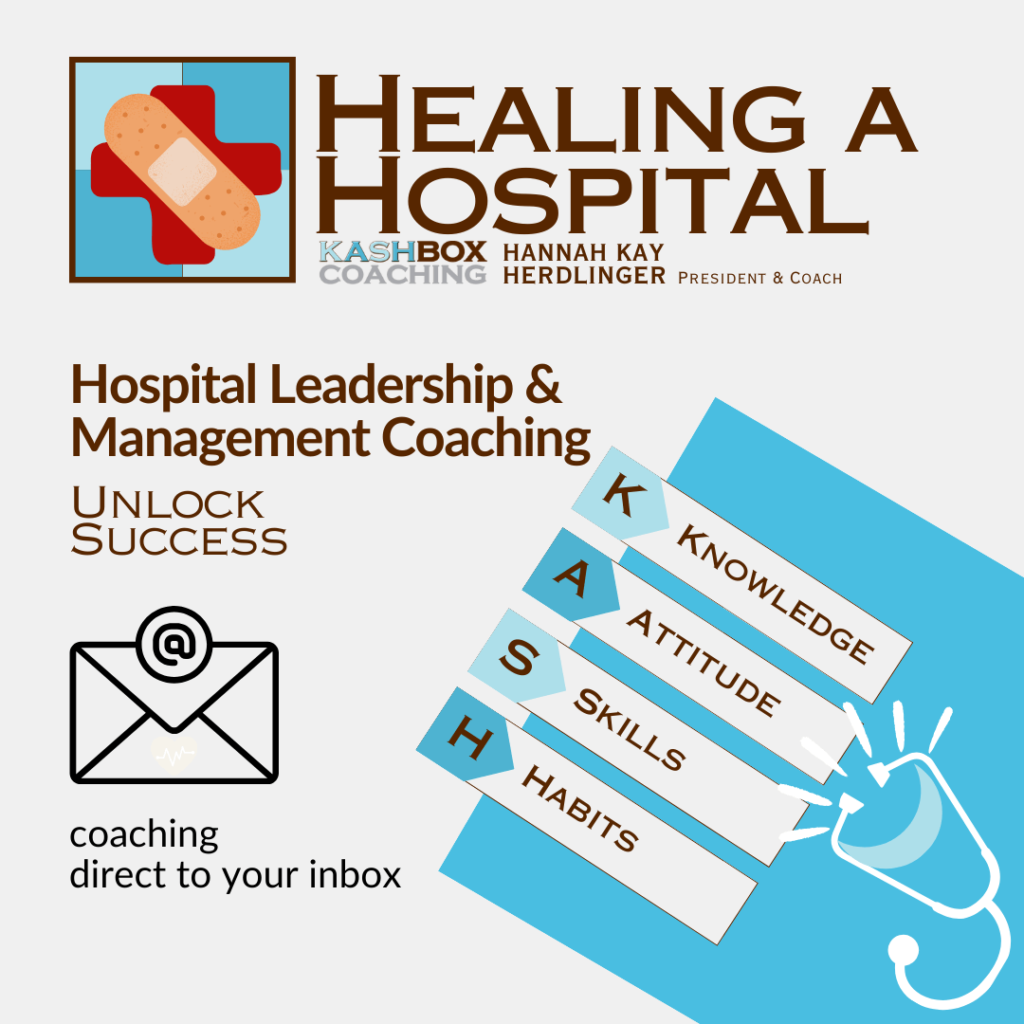Executive coaching services have emerged as a vital tool in enhancing leadership performance and driving organizational outcomes. Through personalized guidance and feedback, executive coaching aims to unlock an individual’s potential, refine leadership skills, and promote organizational effectiveness.
Organizational outcomes encompass a wide range of achievements, impacts, and results that reflect the overall performance and success of an organization.
Here are several examples of organizational outcomes:

1. Financial Performance: Financial outcomes are perhaps the most tangible and commonly measured results for organizations. This includes metrics such as revenue growth, profitability, return on investment (ROI), gross margin, net income, and cash flow. Positive financial outcomes indicate the organization’s ability to generate value, sustain operations, and deliver returns to stakeholders.
2. Market Share Growth: Market share refers to the percentage of total sales within an industry that a company controls. Increasing market share indicates the organization’s ability to compete effectively, attract customers, and capture a larger portion of the market compared to competitors.
3. Customer Satisfaction and Loyalty: Organizational outcomes related to customer satisfaction and loyalty reflect the organization’s success in meeting customer needs, delivering quality products or services, and fostering positive relationships with its customer base. Metrics such as customer satisfaction scores, Net Promoter Score (NPS), customer retention rates, and repeat purchase behavior are used to measure these outcomes.
4. Employee Engagement and Retention: Positive organizational outcomes in terms of employee engagement and retention indicate a healthy and supportive work environment. This includes metrics such as employee satisfaction surveys, employee turnover rates, retention rates of high-performing employees, and levels of employee engagement and commitment to the organization’s goals and values.
5. Operational Efficiency and Effectiveness: Organizational outcomes related to operational efficiency and effectiveness reflect the organization’s ability to optimize its processes, resources, and workflows to achieve desired outcomes with minimal waste or inefficiency. This includes metrics such as cycle time, lead time, productivity levels, resource utilization rates, and cost savings achieved through process improvements.
6. Innovation and Creativity: Organizations that foster a culture of innovation and creativity often achieve positive outcomes in terms of new product development, process innovation, and market disruption. Metrics such as the number of new product launches, patents filed, innovation awards received, and revenue generated from new products or services reflect the organization’s innovation capabilities and outcomes.
7. Organizational Culture and Values Alignment: Positive outcomes related to organizational culture and values alignment indicate that employees are aligned with the organization’s mission, vision, and core values. This includes metrics such as culture assessments, employee feedback on organizational values, and adherence to ethical standards and corporate governance principles.
8. Strategic Goal Attainment: Organizational outcomes related to strategic goal attainment reflect the organization’s success in achieving its long-term objectives and milestones. This includes metrics such as progress towards strategic initiatives, completion of key projects, achievement of strategic targets, and alignment of actions with strategic priorities.
9. Brand Reputation and Image: Organizational outcomes related to brand reputation and image reflect the perception of the organization by external stakeholders, including customers, investors, partners, and the general public. This includes metrics such as brand awareness, brand equity, reputation scores, and media sentiment analysis.
10. Social and Environmental Impact: Increasingly, organizations are also evaluated based on their social and environmental impact. Positive outcomes in this area reflect the organization’s efforts to contribute positively to society and minimize its environmental footprint. Metrics such as corporate social responsibility (CSR) initiatives, sustainability practices, community engagement, and environmental performance indicators are used to measure these outcomes.
Measurable impacts of executive coaching on leadership performance and organizational outcomes include:
1. Enhanced Leadership Skills: Executive coaching helps leaders identify and develop key competencies such as communication, decision-making, and strategic thinking. Measurable improvements in these skills translate to more effective leadership behavior, fostering greater employee engagement and productivity.
2. Improved Decision-Making: Executives who undergo coaching often demonstrate more informed and timely decision-making. This improvement can be quantified through metrics such as faster turnaround times on key decisions, reduced error rates, and increased profitability resulting from strategic choices.
3. Increased Emotional Intelligence: Executive coaching frequently targets emotional intelligence development, leading to better management of interpersonal relationships, conflict resolution, and empathy. Measurable outcomes include improved team dynamics, reduced turnover rates, and enhanced collaboration within the organization.
4. Heightened Self-awareness: Coaches help leaders gain insights into their strengths, weaknesses, and blind spots, leading to greater self-awareness. Measurable impacts include enhanced leadership adaptability, more effective self-management, and reduced instances of leadership derailment.
5. Accelerated Skill Acquisition: Executive coaching accelerates the acquisition of new skills or behaviors critical for leadership success. Measurable outcomes may include faster skill mastery, increased leadership versatility, and smoother transitions during organizational change initiatives.
6. Enhanced Performance Metrics: Organizations often see tangible improvements in key performance indicators (KPIs) following executive coaching interventions. These improvements can manifest in various forms such as increased sales figures, improved employee retention rates, or higher customer satisfaction scores.
7. Cultural Transformation: Executive coaching can drive cultural shifts within organizations by aligning leaders with desired values and behaviors. Measurable impacts may include improvements in organizational culture surveys, higher levels of employee morale, and stronger alignment with company mission and vision.
8. Strategic Goal Attainment: Coaches work with leaders to set and achieve strategic goals, leading to measurable outcomes such as increased market share, expanded product/service offerings, and improved competitive positioning within the industry.
9. Leadership Succession Planning: Executive coaching plays a crucial role in grooming future leaders within the organization. Measurable impacts include a pipeline of high-potential talent, smoother leadership transitions, and reduced disruptions during succession processes.
10. Return on Investment (ROI): Organizations often measure the ROI of executive coaching interventions through various metrics such as increased revenue, cost savings, and improved organizational agility. By quantifying the financial benefits against the investment in coaching services, organizations can assess the tangible value derived from enhancing leadership performance.

Executive coaching services yield measurable impacts on leadership performance and organizational outcomes by enhancing leadership skills, improving decision-making, fostering emotional intelligence, and driving cultural transformation. These measurable outcomes contribute to organizational success, ensuring a positive return on investment and sustained growth in today’s competitive business landscape.
Executive coaching services wield a profound impact on leadership performance and organizational outcomes, serving as catalysts for growth and effectiveness within modern workplaces. Firstly, executive coaching facilitates personalized development plans tailored to address specific leadership challenges and opportunities. Through one-on-one sessions, leaders receive targeted guidance and support, enabling them to sharpen their skills, refine their leadership style, and overcome obstacles hindering their performance. This personalized approach ensures that leaders receive the support they need to thrive in their roles, ultimately leading to improved leadership performance.
Secondly, executive coaching fosters a culture of continuous learning and development within organizations. By investing in the professional growth of their leaders, companies signal a commitment to cultivating talent and driving excellence at all levels. As leaders engage in coaching sessions, they gain valuable insights, acquire new perspectives, and refine their approaches to leadership. This continuous learning journey not only benefits individual leaders but also permeates throughout the organization, inspiring a culture of innovation, adaptability, and resilience.
Thirdly, executive coaching contributes to enhanced communication and collaboration across teams and departments. Effective leadership hinges on the ability to foster open dialogue, build trust, and align diverse perspectives towards common goals. Through coaching interventions, leaders refine their communication skills, learn techniques for conflict resolution, and cultivate empathy and emotional intelligence. As a result, they are better equipped to navigate complex interpersonal dynamics, foster cohesive teams, and drive synergy across the organization, leading to improved organizational outcomes.
Furthermore, executive coaching plays a pivotal role in driving strategic alignment and goal attainment within organizations. Coaches work closely with leaders to clarify organizational objectives, identify key priorities, and develop actionable strategies for success. By aligning individual goals with overarching business objectives, coaching interventions ensure that leaders remain focused on driving results that matter most to the organization. This strategic alignment not only accelerates progress towards organizational goals but also fosters a sense of purpose and direction among employees, ultimately leading to improved performance and outcomes.
Lastly, executive coaching contributes to a positive organizational culture characterized by accountability, empowerment, and inclusivity. As leaders undergo coaching, they cultivate a growth mindset, embrace feedback, and lead by example, setting the tone for a culture of continuous improvement and excellence. This shift towards a more supportive and empowering culture fosters employee engagement, enhances retention, and fuels innovation and creativity within the organization. Ultimately, the impact of executive coaching services reverberates throughout the organization, driving improved leadership performance and organizational outcomes in a holistic and sustainable manner.

As the President of Kashbox Coaching my mission is to empower leaders by highlighting their unique strengths and unlocking their leadership potential – to develop all quadrants of their Kashbox (Knowledge, Attitude, Skills, Habits)!
For over 15 years, Hannah Kay Herdlinger has empowered individuals to unlock their full potential and design fulfilling careers and lives. She championed leadership at Sheryl Sandberg’s Lean In and Arianna Huffington’s Thrive Global.
The Kashbox method, created by the founder of Kashbox Coaching, offers leaders a unique path to success and positive change. It goes beyond traditional coaching by integrating leadership development, resilience training, and the power of connection to elevate client experiences.
Hannah Kay’s passion is igniting positive and lasting transformations. Through executive, corporate, and individual coaching, she helps clients align professionally. Her journey is a testament to the transformative power of coaching. Her unwavering commitment to empowering others is evident in her own growth and the success of her clients.













